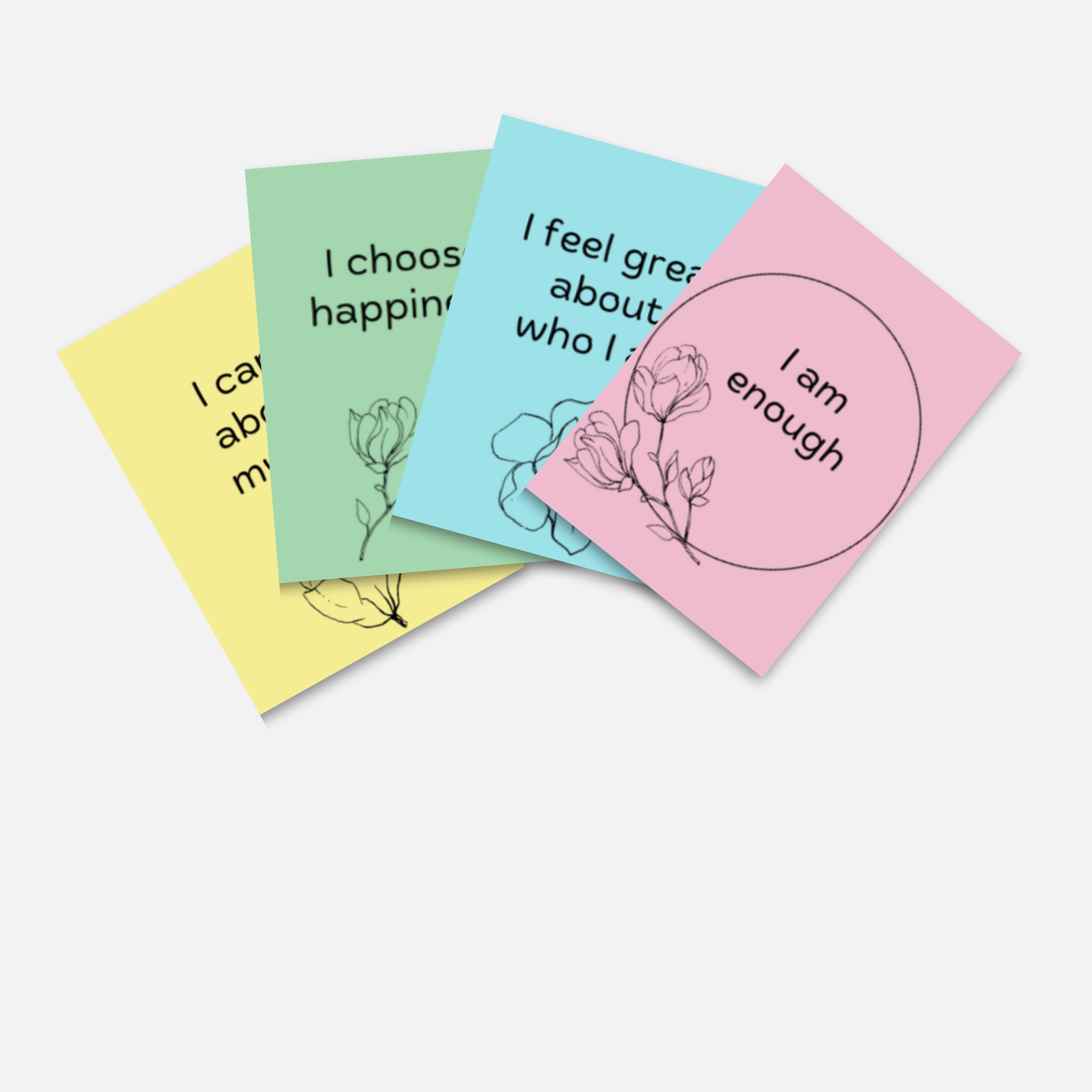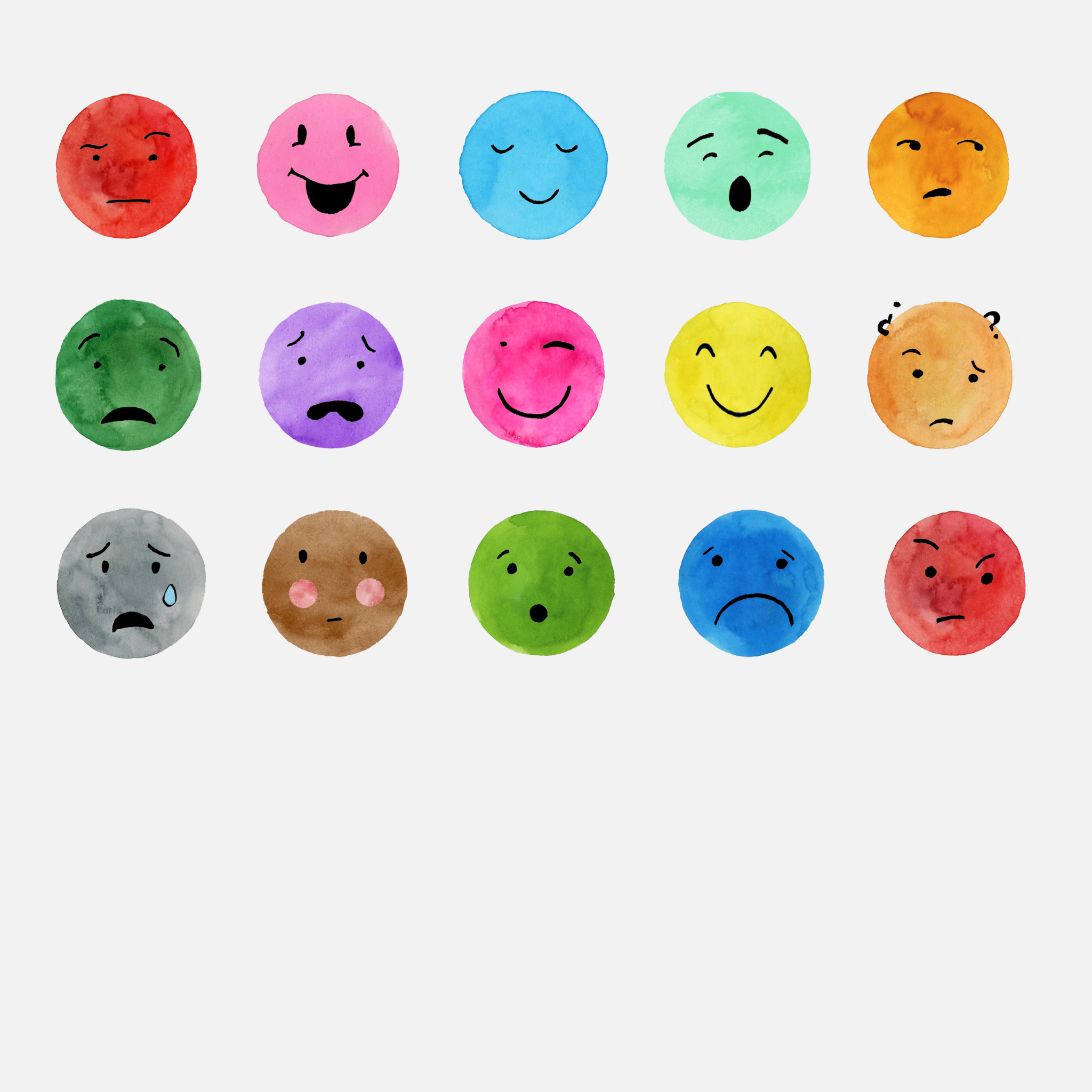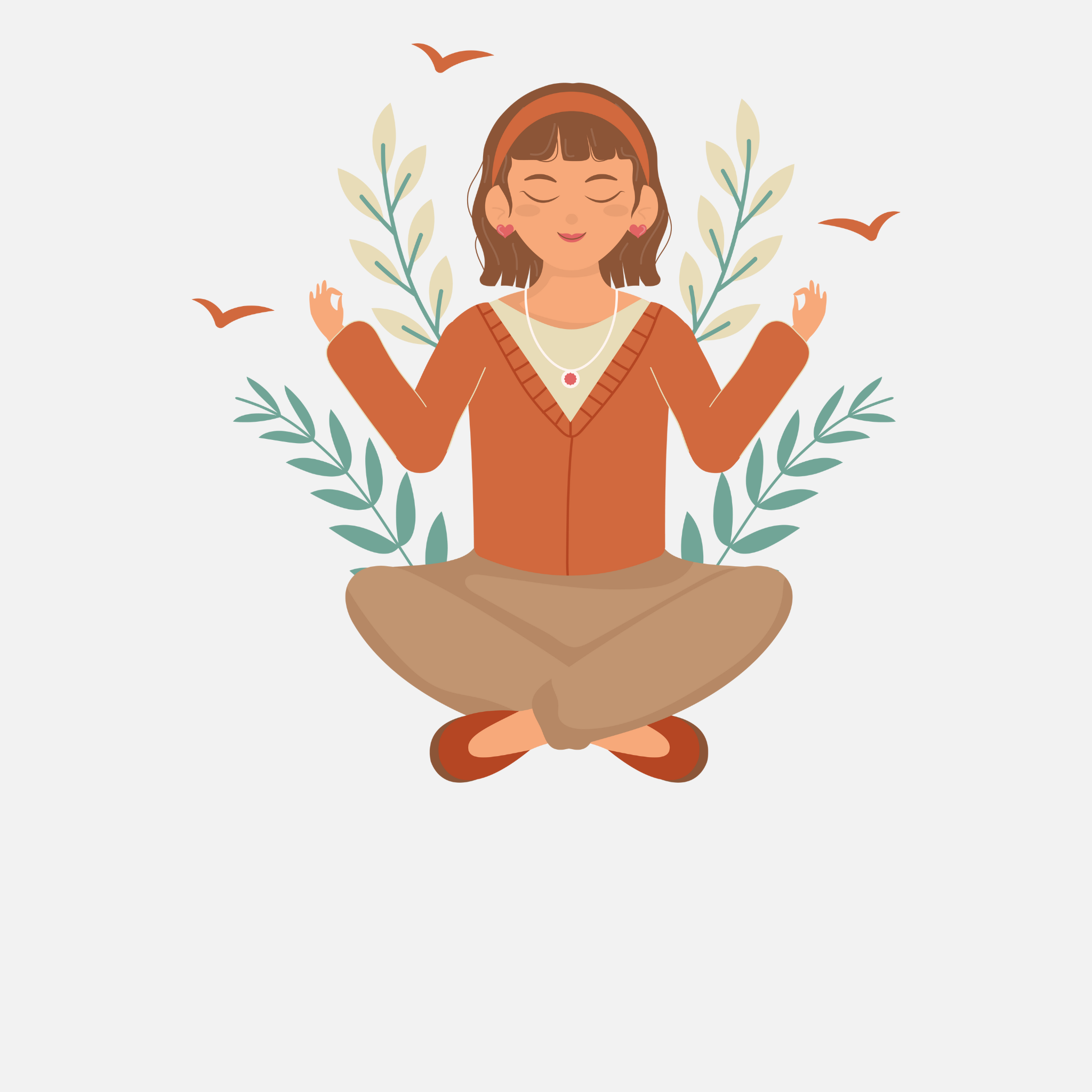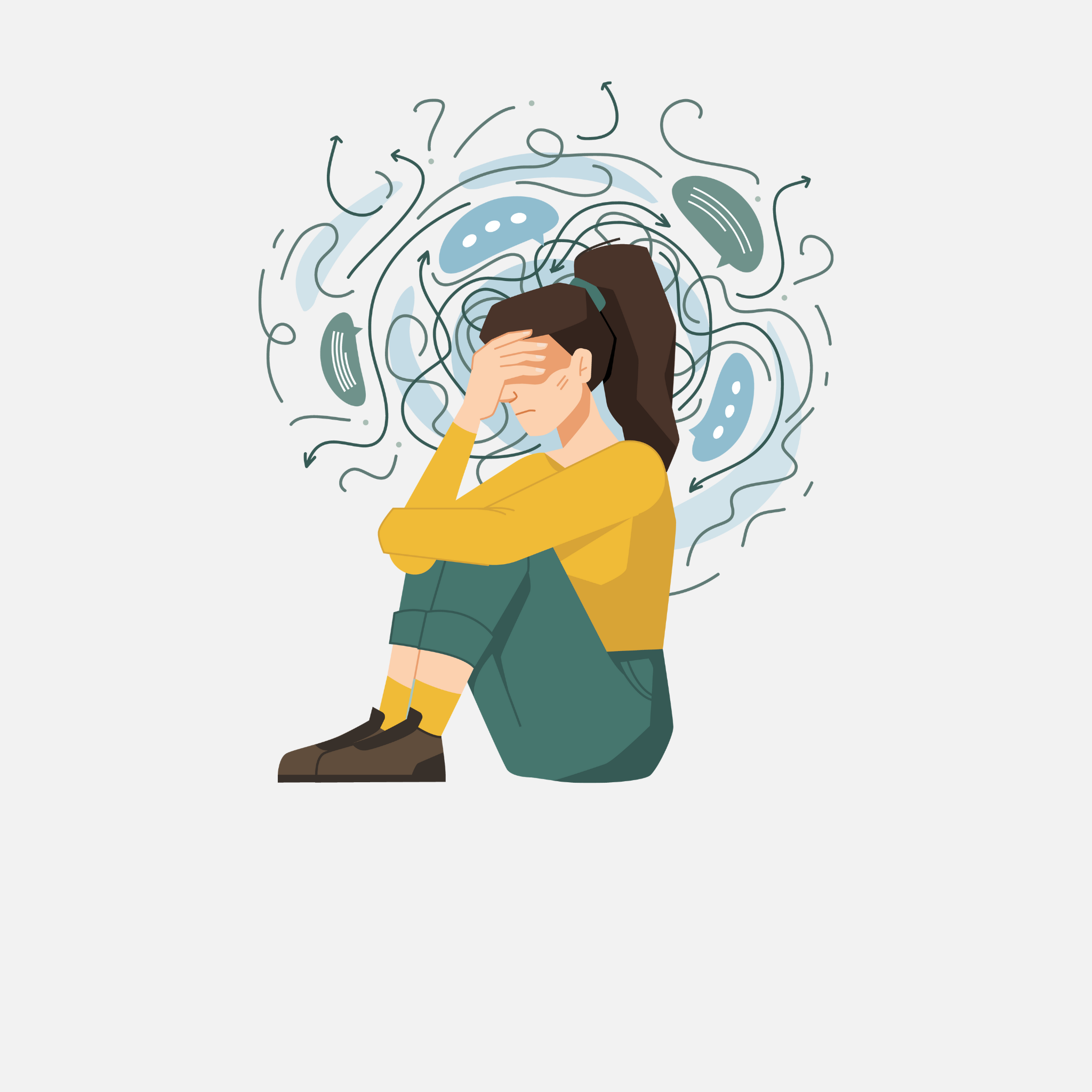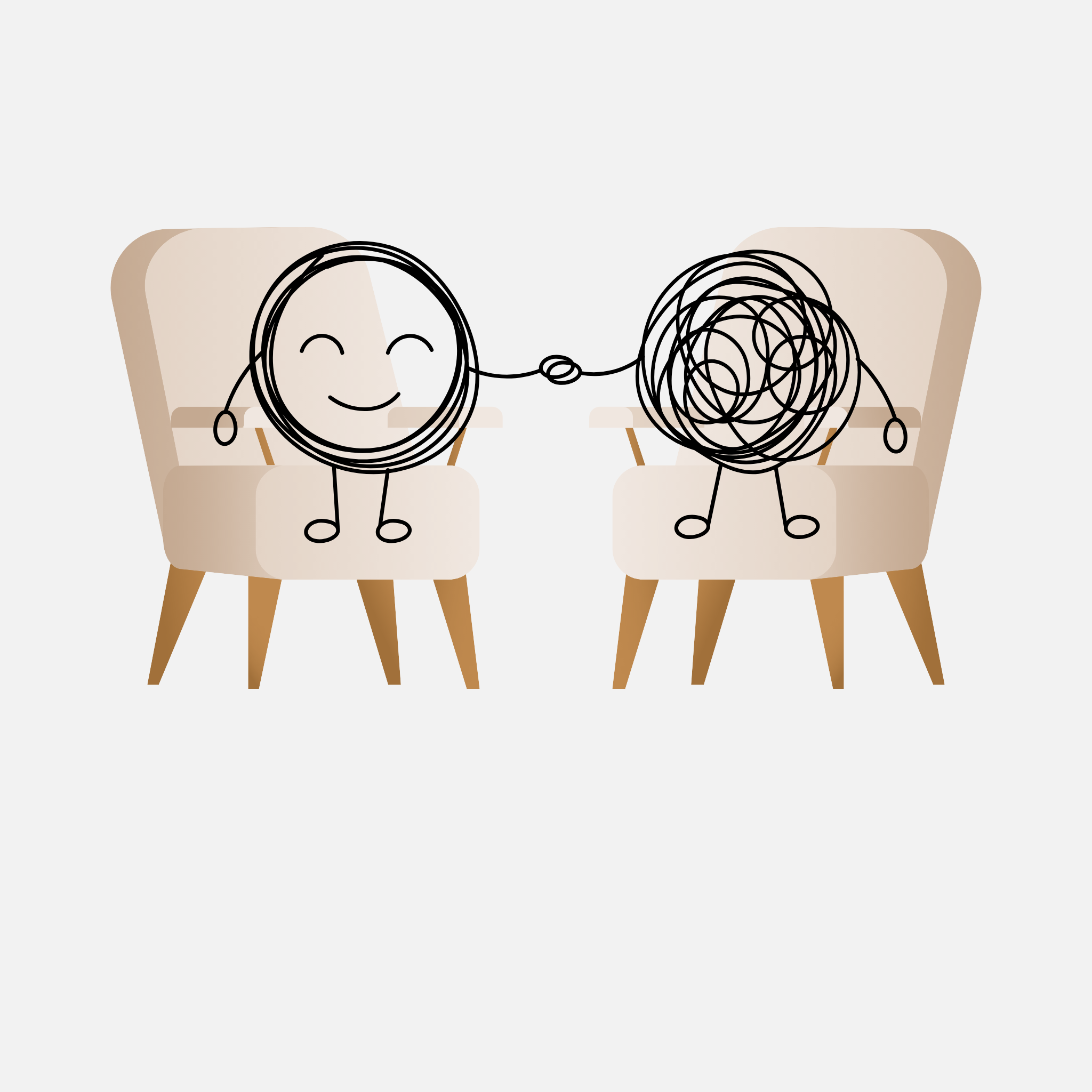In today’s fast-paced and overwhelming world, many of us find ourselves constantly chasing deadlines, juggling responsibilities, and struggling to find a moment of peace. While we often search for complex solutions to improve our mental health, one of the most effective tools is beautifully simple and right outside our front door: walking.
Whether it's a stroll through your neighbourhood, a walk in the park, or a hike in nature, walking offers a host of mental health benefits. This article explains how walking can uplift your mind as well as your body.
Reduces Stress and Anxiety
Walking, especially in natural environments, has been shown to lower cortisol levels — the hormone responsible for stress. The rhythmic movement and fresh air help regulate your nervous system, allowing your body to relax and your mind to reset. Even a 10-minute walk can noticeably reduce tension and anxiety.
Boosts Mood
Feeling down? Walking can literally help you walk it off. Physical activity stimulates the release of endorphins and serotonin, the brain’s natural “feel-good” chemicals. Studies have found that regular walking can be as effective as medication for some people with mild depression.
Improves Focus and Mental Clarity
Have you ever noticed that ideas flow more freely during a walk? That’s no coincidence. Walking increases blood flow to the brain, which boosts cognitive function, enhances creativity, and improves concentration. In fact, many writers, inventors, and entrepreneurs swear by "walk breaks" to spark inspiration and problem-solving.
Encourages Mindfulness
Walking allows you to practice mindfulness in a gentle, approachable way. By paying attention to your surroundings, your breath, and the feeling of your feet on the ground, you can reconnect with the present moment. This practice helps reduce rumination — the overthinking loop that often worsens anxiety and depression.
Try a mindful walking exercise: Focus on each step, each breath, and the world around you. Let go of judgment and simply observe.
Provides Social Connection (If You Want It)
Walking can also be a shared experience. Whether it’s a morning stroll with a partner, a walking group, or just a quick catch-up with a friend, walking and talking is a low-pressure way to build connection and combat loneliness, a major contributor to poor mental health.
Final Thoughts: Walk Your Way to Wellness
You don’t need expensive gear, a gym membership, or a strict schedule to improve your mental health. Walking is free, accessible, and adaptable to your needs — and its benefits go far beyond the physical.
So the next time you're feeling stressed, anxious, stuck, or low, take a walk. Your mind will thank you.

